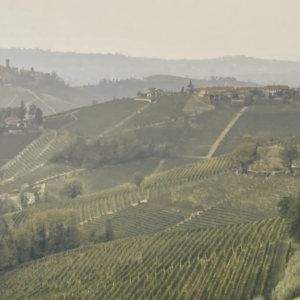
How Criminalizing Domestic Terrorism Could Backfire for Communities of Color
Sara Kamali in Conversation with Andrew Keen on Keen On
The coronavirus pandemic is dramatically disrupting not only our daily lives but society itself. This show features conversations with some of the world’s leading thinkers and writers about the deeper economic, political, and technological consequences of the pandemic. It’s our new daily podcast trying to make longterm sense out of the chaos of today’s global crisis.
In this episode, Andrew is joined by Sara Kamali, the author of Homegrown Hate, to discuss the organizations and beliefs of domestic terrorists in the United States, as well as how to counter their attacks on American democracy.
From the episode:
Andrew Keen: There currently isn’t a federal statute criminalizing domestic terrorism. Do you think that essentially ISIS and the January 6th, the Oath Keepers et al, should be put in the same legal basket?
Sara Kamali: Actually, I argue that a federal criminal statute would be, in fact, dangerous for the very communities of color that I challenge should be uplifted. And the reason for that is if you look at history, communities of color—and I’m talking about many different communities: indigenous communities at Standing Rock, for example, Latinx communities, immigrants in general, Black communities of course, and an amalgamation thereof—have all been criminalized over time, specifically during the civil rights era in the late 50s and early 60s. Again, talking about Dr. King, he was one of the people who was surveilled by domestic security agencies at the time. And so a federal criminal statute will only serve to penalize and criminalize and continue this erroneous notion that there are certain communities that are naturally prone to violence, which we know is not the case.
________________________
Subscribe now on iTunes, Spotify, Stitcher, or wherever else you find your podcasts!
Sara Kamali is a Senior Fellow at the Centre for Analysis of the Radical Right. She is a holistic justice activist and a scholar of systemic inequities, White nationalism, and militant Islamism. Her work examines how interlocking institutions of power oppress the many while maintaining systems of privilege for a select few.
Keen On
Hear from the world’s most informed citizens about the rise of populism, authoritarian and illiberal democracy on Keen On, as Andrew Keen investigates the contemporary crisis of democracy.



















